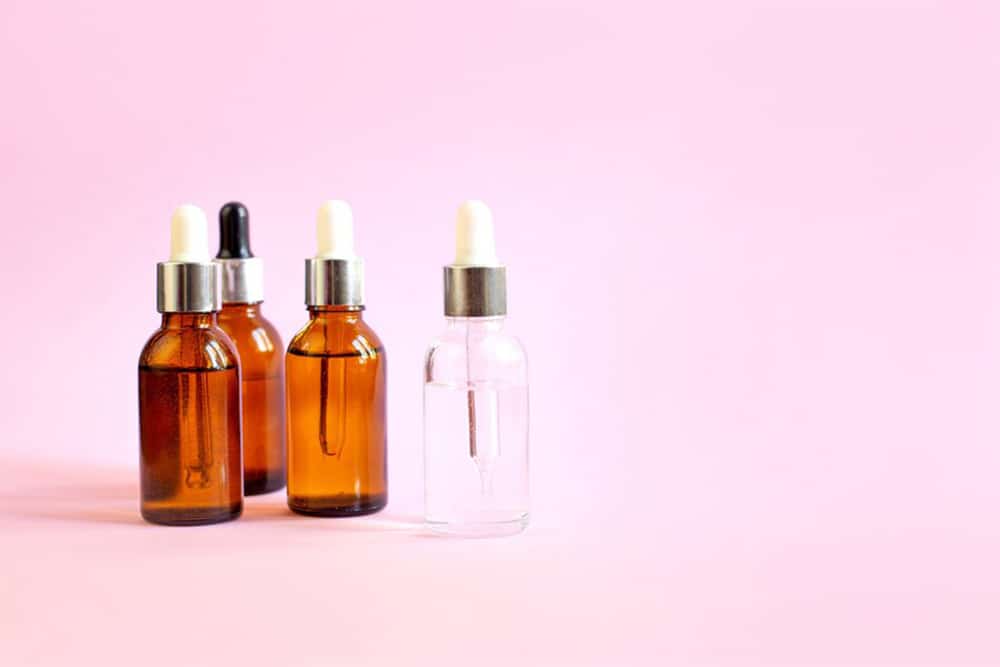What Is Niacinamide?
Niacinamide is a form of vitamin B3. It is safe to use for all skin types. This vitamin is an excellent option for improving the skin’s surface structure, smoothing out wrinkles, and inhibiting photocarcinogenesis in aging skin. Niacinamide can also provide you with an even skin tone and texture for a flawless complexion. Compared to hyaluronic acid, niacinamide offers very extensive benefits. This water-soluble vitamin can do magic as an active ingredient in your skincare routine. It helps to visibly minimize enlarged pores, tighten skin and reduce fine lines and wrinkles. It improves uneven skin tone, diminishes dullness, and strengthens your skin surface. This vitamin can also reduce the impact of environmental damage through its ability to improve the skin's barrier. It also helps repair the signs of past damages. Here are the key benefits of incorporating niacinamide into your skincare routine:- Helps to reduce the skin’s pore size.
- Provides an even tone and texture and also brightens your skin.
- Reduces inflammation and redness.
- Reduces excess sebum production and prevents acne formation <4>.
- Restores natural lipids.
What Is Hyaluronic Acid?
While not a jack-of-all-trades like niacinamide, hyaluronic acid is the ultimate hydrating sugar-like agent for your skin. This is a polysaccharide naturally found in the skin, eyes, joints, and connective tissues. A clear sticky gel-like substance, it has impressive moisturizing properties. Hyaluronic acid naturally forms in your body and helps the skin to retain moisture, making your skin smoother and plumper. The production of hyaluronic acid in your skin naturally declines with age. You then need to apply it topically to reduce aging signs like wrinkles and fine lines. It is easy to use hyaluronic acid at home as a topical gel, serum, or mask. This substance is safe to use on all skin types, including sensitive skin. Hyaluronic acid is much more efficient in keeping your skin hydrated than niacinamide. It can retain up to one thousand times its molecular weight in water. Being such an efficient humectant (a component that helps the skin retain moisture), hyaluronic acid draws moisture from the dermis to the epidermis and keeps it there. As a result, one can have a more hydrated and youthful complexion. The key benefits of hyaluronic acid are:- Eliminates dryness and dullness
- Helps to maintain a plump, youthful glow
- Reduces the appearance of fine lines and wrinkles
- Prevents free radicals that can cause premature aging and irritation
